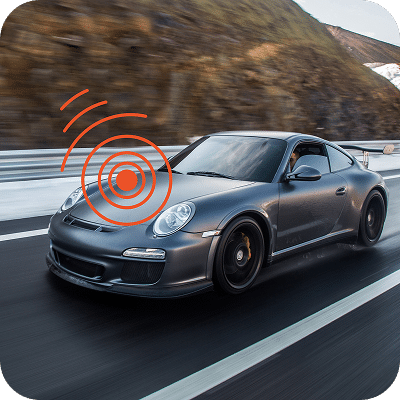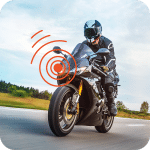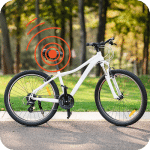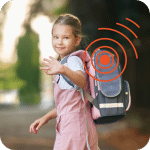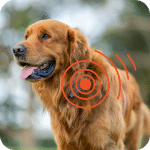Navigating the World with GPS Location Technology
World is changing rapidly and in the meantime we are also getting more interconnected than ever before with groundbreaking innovation and technological advances in the Global Positioning System. This revolutionary technology has transformed the way we navigate, communicate, and interact with the world around us. Here, we will delve into the ins and outs of GPS location, exploring its history, functionality, applications, and the impact it has had on various industries.
Introduction to GPS Location
The United States Department of Defense in 1973 started a GPS project designed for military purposes. The first prototype spacecraft was launched in 1978 and by 1993 a full constellation of 24 satellites that orbit the Earth and transmit precise signals, allowing GPS receivers to calculate their exact location anywhere on the planet became operational. Even though it was initially intended for military purposes, with time its benefits are now available for normal people.
How GPS Works
Since GPS satellites broadcast signals a technique called trilateration is used to accurately pinpoint precise location. In this method, distance from multiple satellites are taken to determine a receiver’s position. The GPS receiver combines different distance measurements from each satellite with the time it took for signals to reach the receiver and pinpoint the precise location.
GPS Applications
Wayfinding: The most common use of GPS is for navigation. From smartphones to fleet navigation systems, GPS Technology is helping us in finding our way around. Getting lost is now a thing of the past with real time location tracking and turn-by-turn direction assistance. It has also helped in transport and logistic services as it heavily relies on optimizing routes, and tracking shipments GPS location technology has improved efficiency and reduced costs in the transportation sector significantly.
Emergency Support: GPS can help you out during an emergency situation like natural calamity or other life at risk situations .Send your precise location with GPS on phone to officials to quickly locate your position and ensure fast assistance
Agriculture: With GPS technology farmers can create farm maps with acreage field areas and navigate to specific locations in the field every year. By creating farm maps using GPS farmers can easily use fertilizers and manures to areas that are only needed.
Survey Mapping: Areas like Construction projects, urban planning, and land management have transformed with accurate geospatial data. Surveying and mapping of data has become easy as well as accurate and in return sustainable development have improved.
Health and Fitness: GPS technology has totally revolutionized how we see fitness. With GPS enabled fitness devices like smartphones and watches we can easily track outdoor activities like running, cycling, and hiking.
The Impact of GPS on Society
The integration of GPS location technology into our daily lives has had a profound impact on our life as a whole. They have helped in increased connectivity between people and places thereby making communication become easier. They have also increased safety and security of the user. They have made an enormous impact in the economic growth of agriculture, transportation and logistic sectors. By helping the agriculture sector they have also helped in reducing resource wastage.
The Future of GPS Location Technology
GPS technology over the years has advanced from exclusively for military purposes to becoming widely accessible and utilized by ordinary individuals. The future seems bright for GPS technology as there are ongoing developments in satellite technology and signal processing that will give even more accurate location data. Even efforts are made to extend GPS capabilities indoors like shopping malls, airports or other large indoor space like grounds.
Integration with Emerging Technologies like augmented reality, virtual reality, and autonomous vehicles, enhancing their capabilities.
